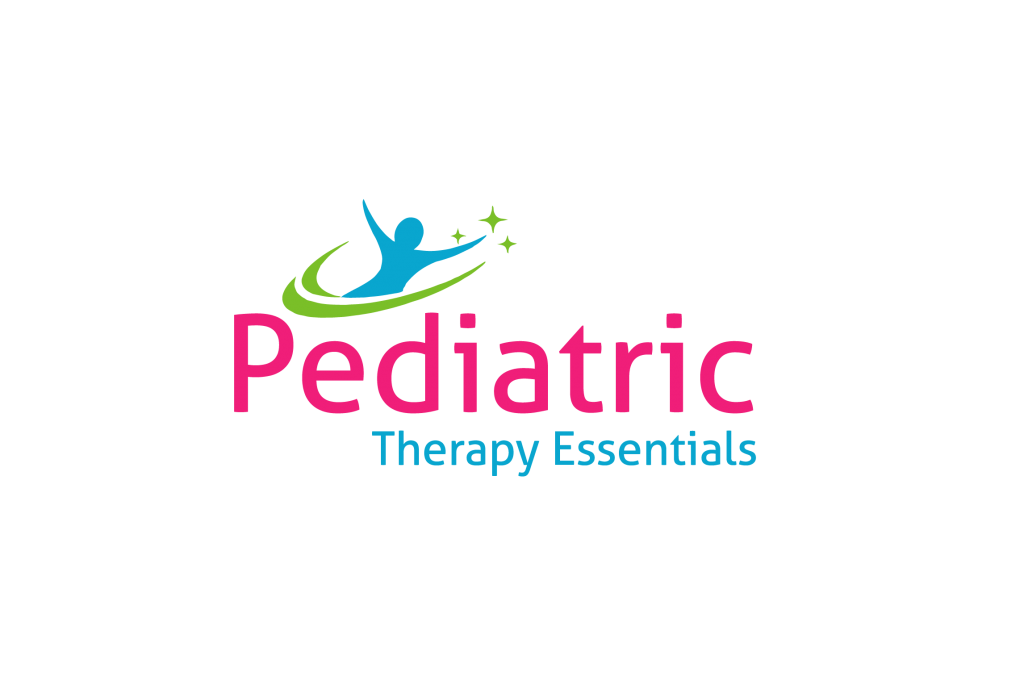In the last few episodes we have spent a lot of time talking about executive function and how conditions like ADHD can challenge a child’s abilities in the area of executive function. In today’s post, I want to share 5 simple techniques that we use around our house to improve/support executive function.
Minimize: Less is More
The idea of less is more is one that I have learned the importance of over the last few years. I happened on a video from a great YouTuber, The Minimal Mom. On her channel, she shares a lot of great content on family minimalism. While I wouldn’t consider myself a minimalist, many of her ideas really resonated with me. The most significant one was, that everything in your home is something you are responsible for taking care of. You have to clean it, heat it, cool it, and maintain it. This idea gave me an entirely new perspective on the things in our home.
Over the past 2 years I have significantly reduced the amount of “stuff” in our home. And to my surprise, reducing the stuff has made it easier for my family to perform executive function skills. When there is less stuff in our drawers and closets, it is easier to find things and maintain organizational systems. When the surfaces, like countertops and tables, are clear and open, our minds feel less cluttered. When there is less stuff to maintain, we have more time to keep on top of our responsibilities and for down time.
Family Calendar:
I tried for many years to come up with one cohesive system for our family to use to organize our time. I thought that if we were all digital or all paper and pen, then we could work together to keep things organized. This did NOT work. We are all very different people and have minds that process information very differently. So, each of us has created a system that works for us. But, we do have to find a way to keep each other up to date on our activities, appointments, etc.
The Family Calendar was our solution. I have a large calendar on the refrigerator in my kitchen. Each member of the family is responsible to write their appointments and activities on this calendar. If someone forgets to jot it down, then Mom isn’t going to take you to the activity or pay for it. The Family Calendar teaches my kids two important EF skills: Organization and Planning. And not just organization and planning in their own little bubble. The calendar teaches them to be aware of other people and their schedules.
Phone Alarms:
Despite all the fancy apps for reminders, calendars, and organization, I always come back to the phone alarm. While many of these apps are very effective at sending me reminders throughout my day for appointments or To Do items, they are just too polite. In contrast, the phone alarm is loud and annoying which means it gets my attention and forces me to address the item.
My kids and I have multiple alarms in our phones. Some are for recurring activities or appointments. Others are for daily tasks like feeding the dog or taking out the trash. My son with ADHD is learning to be responsible for taking his medication. He is going to be in college in a few years, and he needs to be independent with this task. So, he uses a phone alarm to remind him. I also have one set on my phone as a back up so I can check to be sure he took his medication.
Dry Erase Boards:
I love dry erase boards! They are so versatile and useful. In terms of EF skills, dry erase boards can be a place to brain dump everything on your To Do list. This means you don’t need to rely on your working memory for these tasks. They can also be a place to keep routines and checklists that you use on a daily basis, as well as, long term planning for projects and studying.
Google Keep:
Last, but definitely not least, is Google Keep. This a great free app from Google that can really support EF skills. In the video above, I have a step-by-step tutorial on how to use the app. Google Keep is essentially a set of virtual post-it notes. These notes allow the user to enter information in multiple formats, making it accessible to everyone. Content can be added via text, drawing, pictures, or voice.
In terms of Executive Function skills, Google Keep is a great way to keep up with homework. Notes can be created for each subject or class a student is taking. When they get to class, they can open up the not and quickly jot down their homework using text, drawing, voice, or a picture of the assignment. When they get home, they have everything they need right at their finger tips. Once they finish the assignment, they can erase it from the note and they are ready to go the next day. While this information can always be jotted down in a paper planner, the reality is that our kids are much more likely to keep track of their phones rather than a planner.
Do you have any other simple ideas for helping kids develop Executive Function Skills? If so, please leave them in the comments section of this video.
Thanks so much for stopping by today. I hope you have an amazing week!
-Heather
This post contains affiliate links. Pediatric Therapy Essentials, LLC participates in the Amazon Associates Program. Should you choose to use these links, this channel may earn affiliate commissions at no additional cost to you. Thanks for your support!

